1. Property managers are unbundling parking spaces from leases as a result of reduced parking occupancy. We are happy to see a rise in the percentage of TMP buildings that unbundled their parking spaces from their tenant leases. In 2020, only 33% unbundled their parking spaces. In 2022, 64% did so.
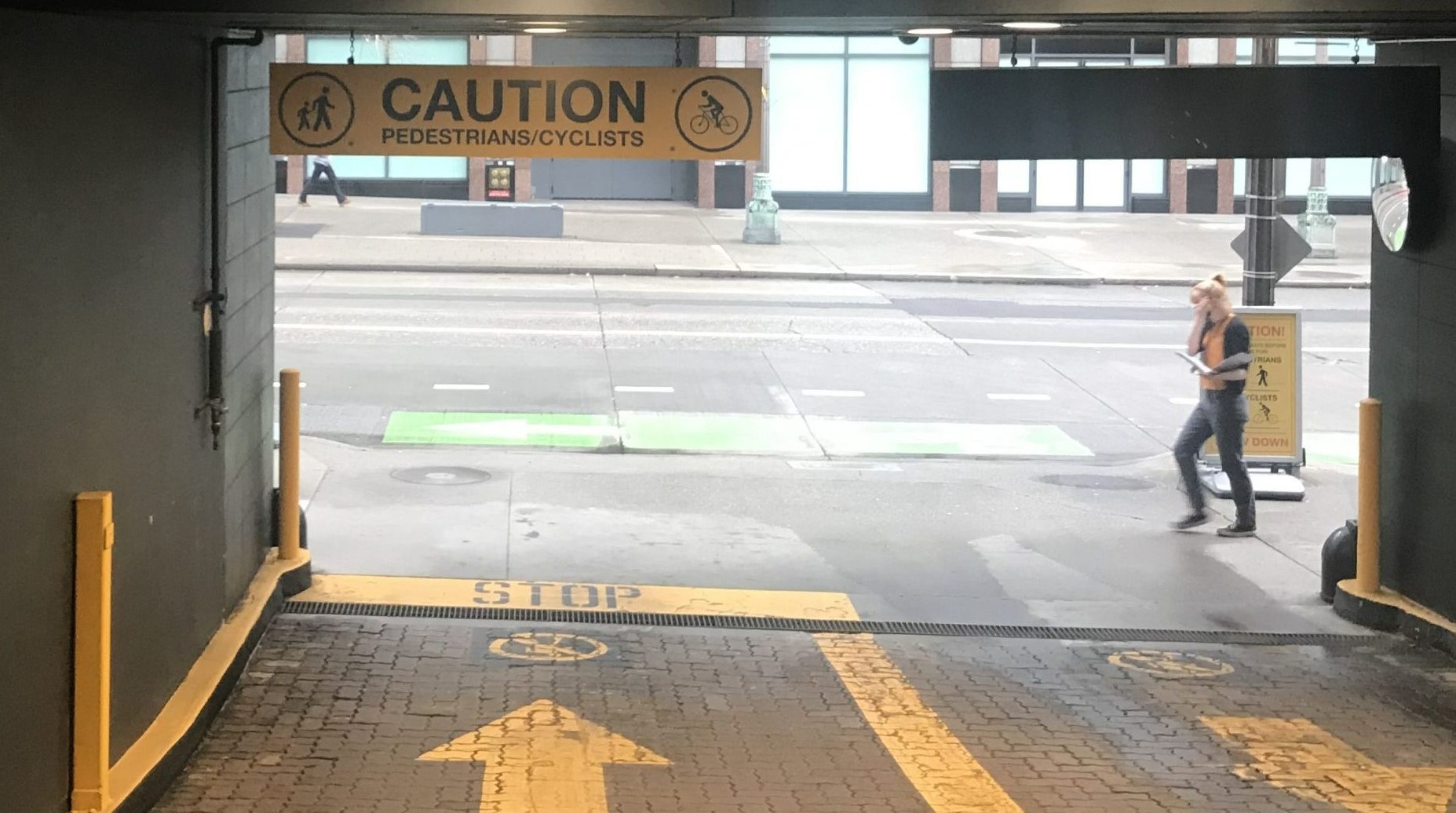
Unbundling parking spaces from tenant leases gives property managers more flexibility to manage parking garages in creative ways. It also allows tenants to provide their staff with flexibility in how they get to the building, by not incentivizing driving every day. This creates space for more sustainable commuting choices. Commute Seattle’s Parking Management Workshop explains how to approach the topic of parking management in climate-friendly and creative ways.
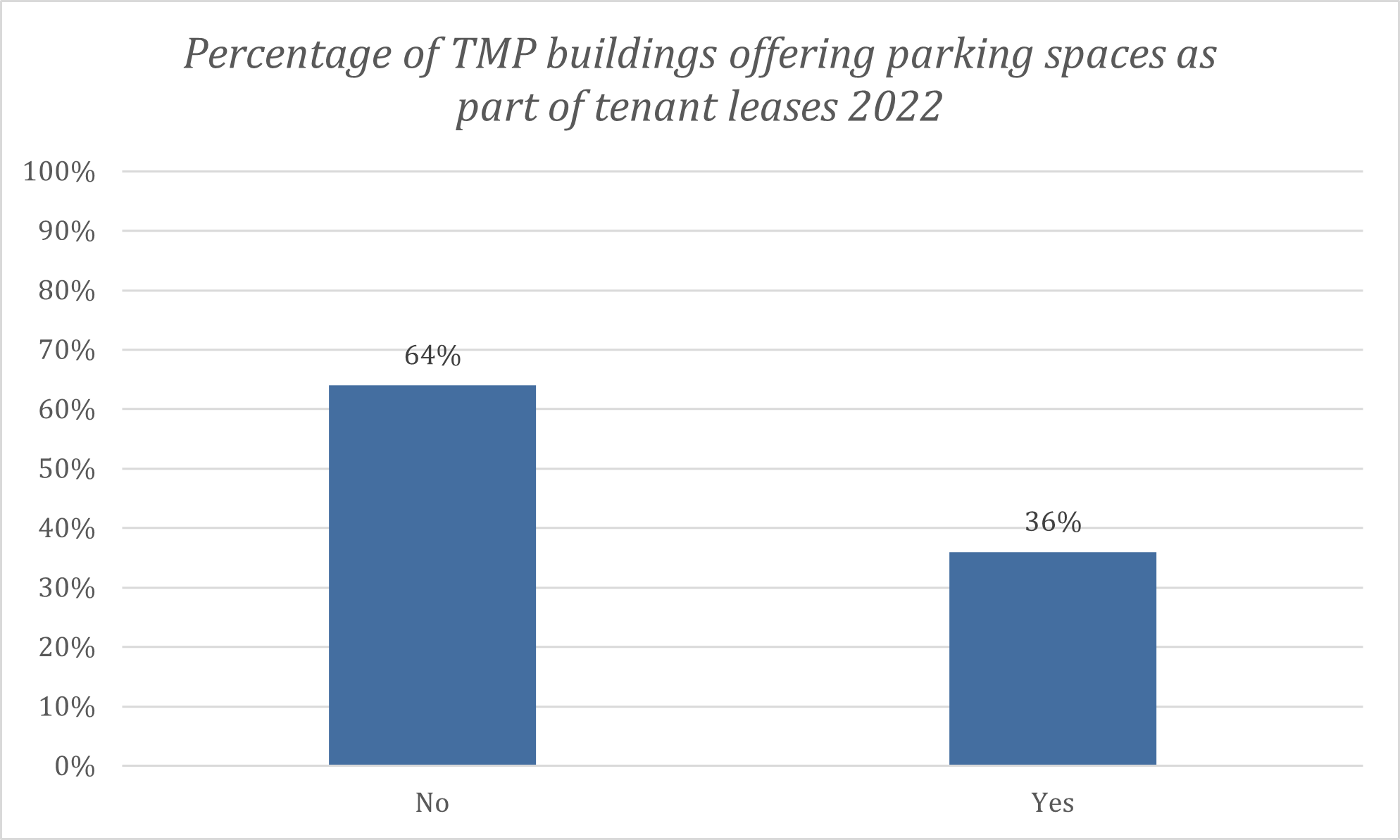
2. TMP buildings are investing in EV infrastructure. TMP buildings are improving amenities for Electric Vehicles (EV) by adding charging and reserved parking spaces. 53.5% of respondents reported that they offer EV charging to their tenants. Additionally, 11% of TMP buildings are offering E-bike and E-scooter charging to their tenants at their buildings. How has your building filled the gap for Electric Vehicle (including bike and scooter!) charging?
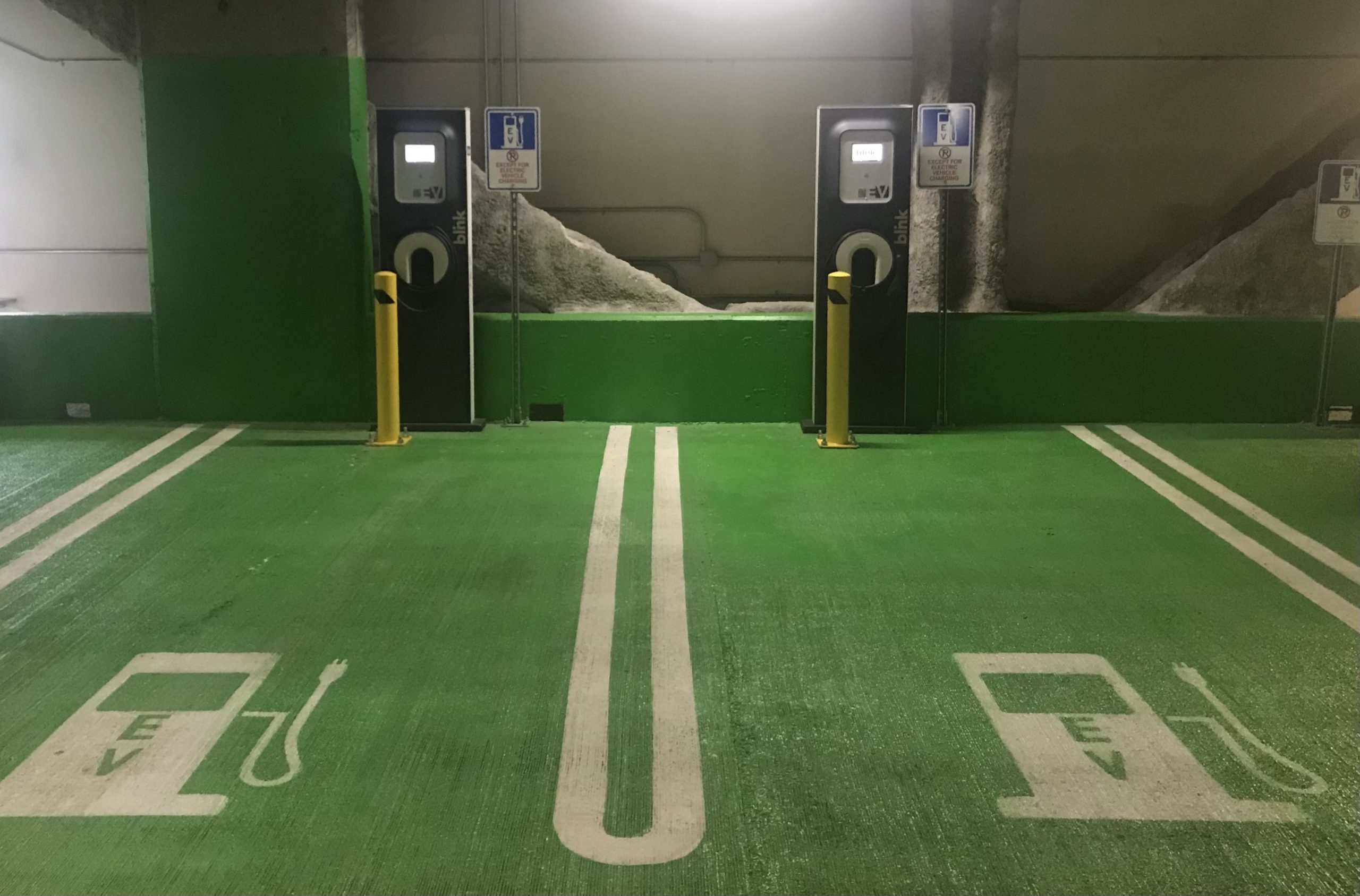
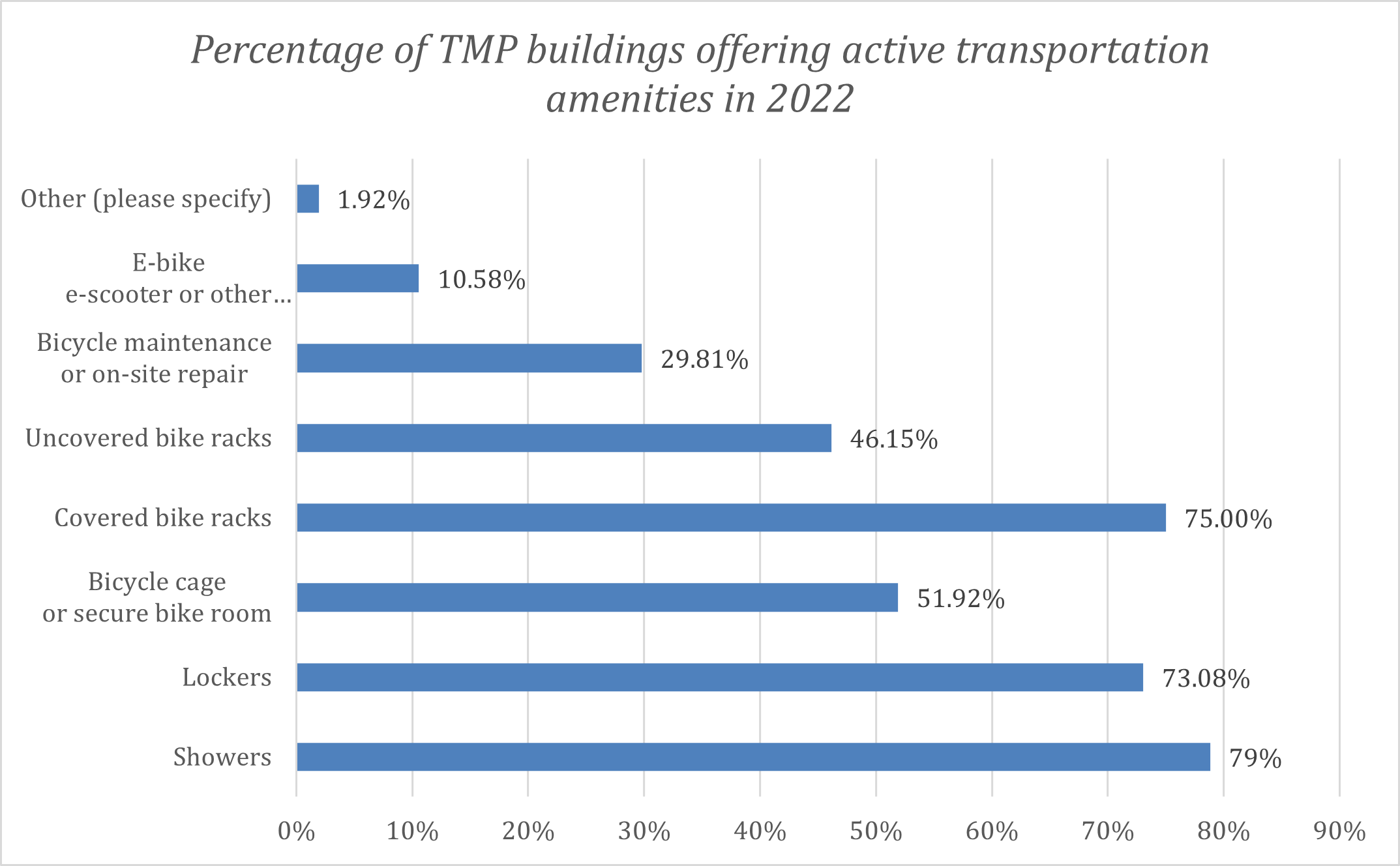
3. TMP buildings offer amenities like secure parking and locker rooms, to encourage healthy, sustainable commutes. 15% of TMP buildings have added or are currently adding infrastructure like bike storage or racks to their buildings. Since 2020, the City of Seattle has built 11 miles of protected bike lanes in downtown and South Seattle. Improving infrastructure allows tenants to switch to other modes stress-free, and incentivizing active transportation is the icing on the cake. The TMP-affected buildings in Seattle support 80,000 workers and visitors who travel to and from these sites regularly. With active transportation amenities and incentives, people can reach their destinations with convenience and cost savings.
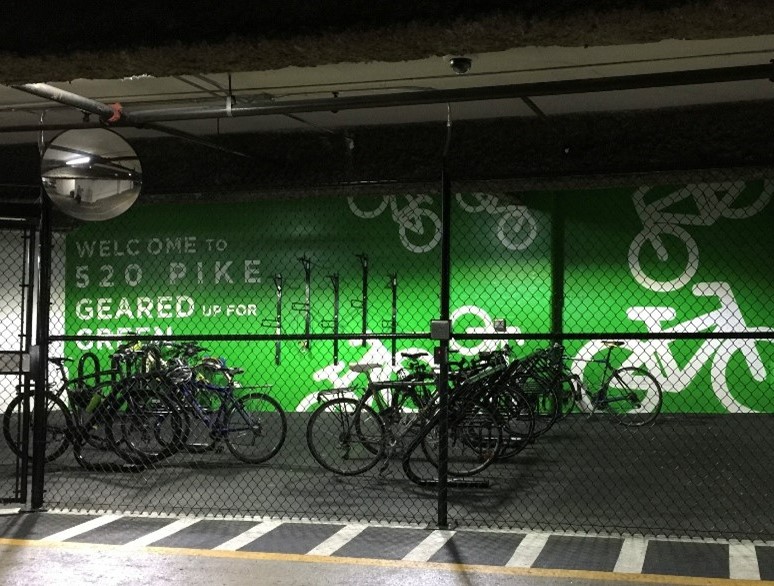
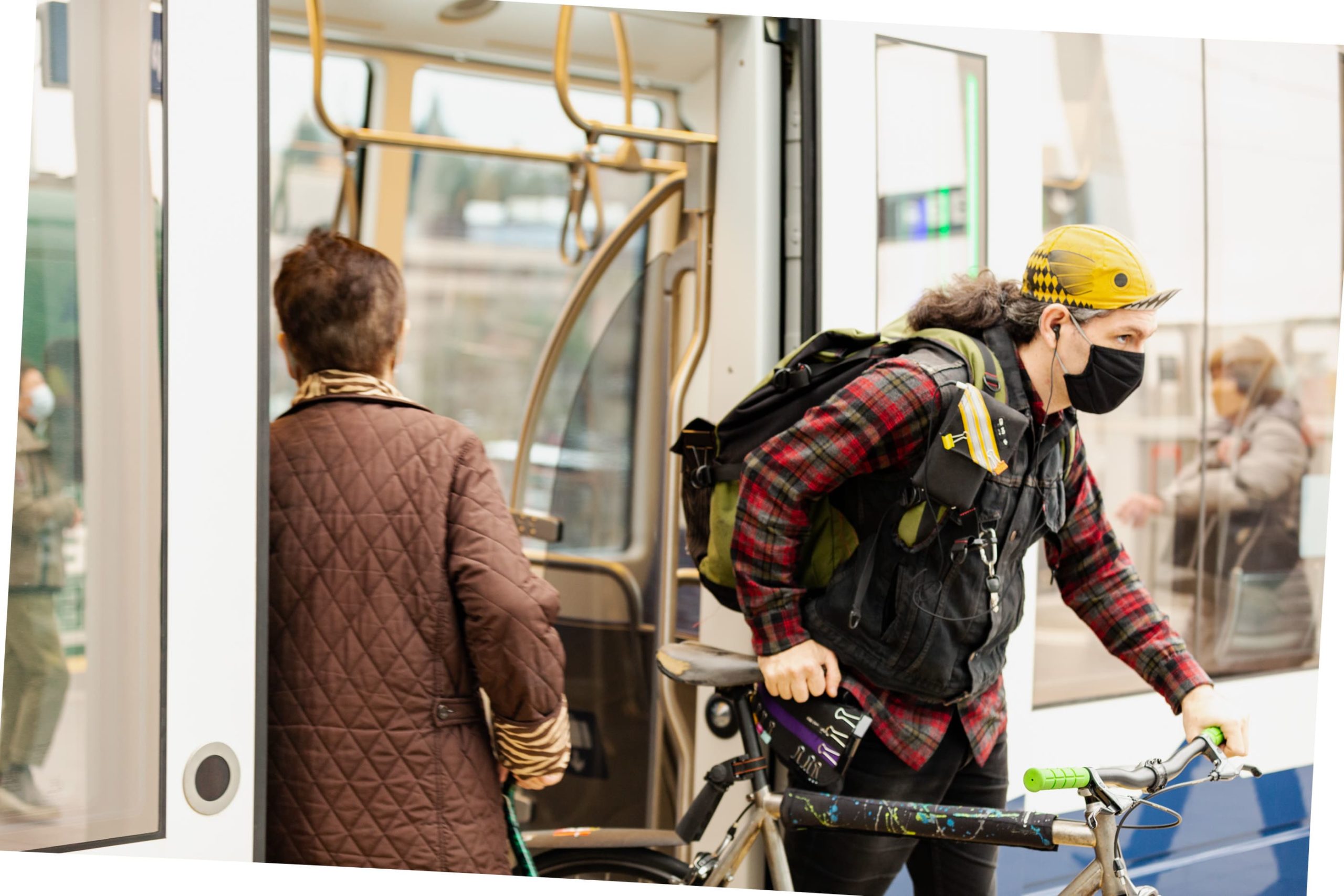
4. Parking occupancy at many buildings remained low and little to no traffic congestion was reported, since many employees are still working remotely. A significant number of buildings reported that they had been seeing low traffic congestion since the pandemic began. However, traffic levels are already bouncing back to pre-pandemic levels as businesses reopen and people are too often driving alone to work. Property managers can change people’s lives by offering a commuter benefit like ORCA cards – a benefit that is good for the climate, Seattle’s economy, and especially for your business.

So, what can you do next? Reduce climate emissions and increase your building’s competitiveness with commuter benefits! Contact Zarina to learn more.
